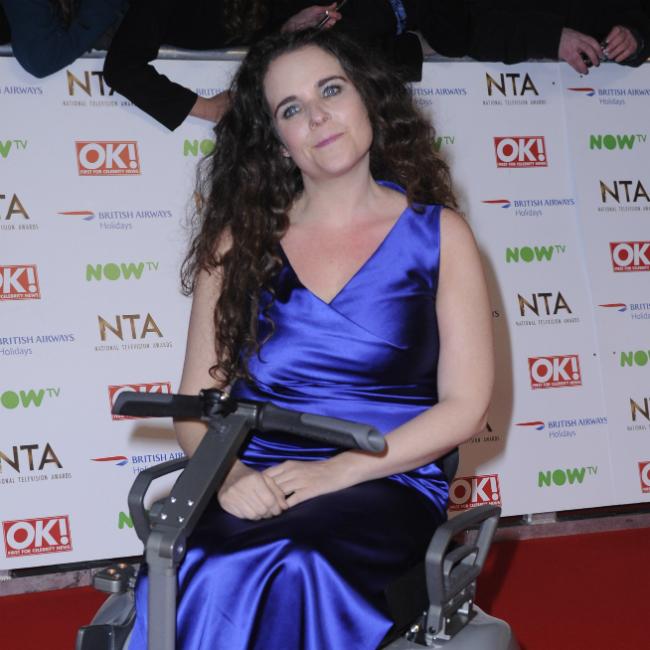Cherylee Houston believes high streets will become "more inclusive" when more disabled people are represented on TV.
The ‘Coronation Street’ star – who plays Izzy Armstrong on the ITV soap – recently launched a new networking initiative for disabled performers, and now the actress wants to encourage television companies to be diverse and represent their audiences better.
She told ITV news: "People with disabilities only stopped being locked up, you know, I would be in a home in the 80s.
"Then in the 90s we got the right to travel and then 2000 we got the right to go to university, so we’re just a bit further behind than everybody else.
"The more we’re on television the more ramps will appear on the high-street and the more inclusive everything else will become."
This news comes as Cherylee recently joined forces with her former co-star Melissa Johns, who played Imogen Pascoe on the cobbles, to set up networking event Disabled Artist Network Community (DANC) to help change the way the industry "embraces" disabled artists and performers.
Cherylee, 44, said: "This industry can change the way we’re treated in society.
"So if we can change the way this industry embraces us … then people won’t have to face the blocks we faced."
Melissa added: "We can’t have a ‘them and us’ situation anymore. Because it’s not working.
"That’s why we created DANC, because we want this to be an integration of everyone knowing that it’s everyone’s responsibility.
"It can’t keep falling on us as artists with disabilities."
The pair are hoping to bring about change by opening up conversations with the likes of TV companies, filmmakers, arts venues and music producers.
She recently said: "The more of us stand together, the more of a difference we can make.
"It’s about that responsibility of putting back into your career for the people of the future for their careers, so people don’t have to keep facing the blocks we faced."
Melissa added: "You grow up not seeing people with disabilities on screen or on stages, and when you do say to somebody, ‘I want to be an actor’ or ‘I want to be a dancer’ or ‘I want to be something in this industry’ you do get funny looks.
"You do get funny looks anyway when you say you want to be in this industry, which is fair enough.
"When you have a disability, suddenly it’s like ‘Ooh,’ and you get this sympathetic look."
Cherylee Houston wants TV to reflect audiences
